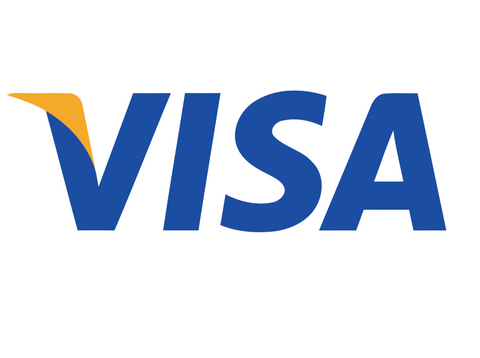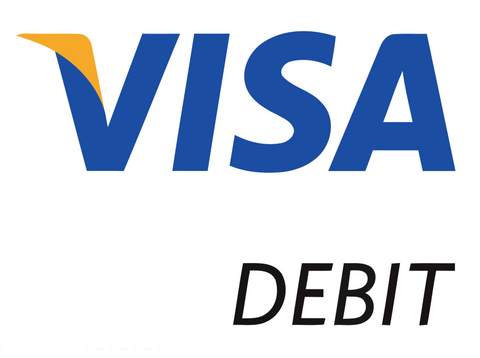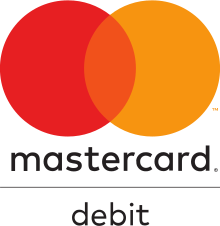Cannabis Basics
Intoxicating and Non-Intoxicating Cannabinoids
Knowing which compounds have the potential to produce an impairing “high,” and which ones do not, can help you make informed decisions about consuming cannabis products.
Last updated March 15, 2024 | Published on March 7, 2024
Health Canada released new guidance on Dec. 5, 2023, for products with intoxicating cannabinoids other than THC.
Cannabinoids play a big part in the potential effects you may experience from consuming cannabis. Well-known cannabinoids include delta-9 tetrahydrocannabinol (THC) and cannabidiol (CBD), but there are about 100 of these chemical compounds in the cannabis plant, alongside terpenes, flavonoids and other components.
Cannabinoids appear in varying potencies in cannabis products and interact with the body in unique ways. That’s why understanding the basics of cannabinoids — especially which ones are considered to produce intoxicating effects — is key to making informed choices about the types of products and amount you consume.
How does cannabis produce effects?
Humans and plants both produce cannabinoids. The body’s endocannabinoid system is made up of cannabinoid receptors known as CB1 (found mostly in the brain) and CB2 (mostly in the immune system), which our own natural endocannabinoids interact with. When you consume cannabis, the plant cannabinoids bind to these receptors and cause the effects you may feel.
The major cannabinoids THC and CBD have been most researched. Studies are ongoing, especially for the more minor cannabinoids, which are naturally found in smaller amounts in the cannabis plant. Not enough is known about the effects of intoxicating cannabinoids in relation to THC, either alone, or in combination with others.
The bottom line: As cannabinoid research continues, their classification as intoxicating or non-intoxicating may be revised over time.
What do “intoxicating” and “non-intoxicating” mean?
The terms “intoxicating” and “non-intoxicating” may seem obvious, but the difference between them is an important one — especially when it comes to cannabis.
Intoxicating Cannabinoids
Cannabinoids that bind to and activate the CB1 receptors in the body to produce a euphoric feeling, or “high,” that can lead to impairment are considered intoxicating.
The most common intoxicating cannabinoid and the best researched is THC. Current data on the effects of other intoxicating cannabinoids is extremely limited or not known. However, we do know that not all intoxicating cannabinoids cause the same intensity.
INTOXICATING CANNABINOID* |
ABBREVIATION |
|---|---|
| cannabinol | CBN |
| delta-6a-10a tetrahydrocannabinol | delta-6a-10a THC |
| delta-8 tetrahydrocannabinol | delta-8 THC |
| delta-9 tetrahydrocannabinol | delta-9 THC or THC |
| delta-9 tetrahydrocannabivarin | THCV |
| hexahydrocannabinol | HHC or HXC |
| tetrahydrocannabutol | THCB |
| tetrahydrocannabinol acetate | THC-O |
| tetrahydrocannabiphorol | THCP |
*Categorized as “intoxicating” as defined by Health Canada
Non-Intoxicating Cannabinoids
Cannabinoids that do not cause impairment, such as CBD, are considered non-intoxicating. While they do bind to CB2 receptors in the body, they don’t alter judgment, behaviour or the ability to think clearly.
Non-intoxicating cannabinoids offer more subtle effects that won’t lead to intoxication (unless combined with other intoxicating cannabinoids). Currently, the non-intoxicating cannabinoids found most often in cannabis products are CBD and cannabigerol (CBG).
NON-INTOXICATING CANNABINOID |
ABBREVIATION |
|---|---|
| cannabichromene | CBC |
| cannabidiol | CBD |
| cannabigerol | CBG |
| cannabidiolic acid | CBDA |
| cannabidivarin | CBDV |
Intoxicating or Psychoactive?
They’re often used interchangeably, but the terms “psychoactive” and “intoxicating” have subtle differences when it comes to cannabis. Psychoactive compounds interact with the nervous system to create a change in mental processes, such as mood or perception. CBD is considered non-intoxicating but is psychoactive due to its effects on mood. Meanwhile, THC is both psychoactive and intoxicating because it can produce impairment.
Intoxicating cannabinoid limits on legal products
The Cannabis Act and Regulations currently set out limits for delta-9 THC (noted as “THC” on the label), including for specific cannabis product categories:
- Edibles and beverages cannot contain more than 10 mg delta-9 THC per package.
- Cannabis topicals and extracts cannot contain more than 1,000 mg delta-9 THC per immediate container.
- Each capsule or other individual unit of cannabis product intended for ingestion, nasal, rectal or vaginal use cannot contain more than 10 mg delta-9 THC.
These limits are intended to reduce the risks of accidental cannabis consumption and overconsumption.
New guidance on intoxicating cannabinoid limits
On Dec. 5, 2023, Health Canada released new guidance for products deliberately made with intoxicating cannabinoids besides THC, such as CBN, delta-8 THC, THCV and others. The guidance recommends that Licensed Producers use the same existing limits for THC and apply them to all intoxicating cannabinoids.
What does this mean for cannabis products? Licensed Producers are strongly encouraged to count all intoxicating cannabinoids, not just THC, when complying with the limits. For example:
- If a package of gummies contains 8 mg THC and 2 mg CBN, for a total of 10 mg of intoxicating cannabinoids, it’s within the recommended limit for edibles.
- If it contains 10 mg THC and 2 mg CBN, then it exceeds the recommended limit for intoxicating cannabinoids.
While these recommendations are not legal requirements, Health Canada will continue to conduct research and monitor cannabis products containing intoxicating cannabinoids other than delta-9-THC and will take regulatory action if deemed necessary.
Choosing the right product for you
Whether it’s a vape, a topical or dried flower, knowing the intoxicating and non-intoxicating cannabinoid content is essential to finding the right product for you. The product label displays the amounts of THC and CBD inside, but Licensed Producers are not legally required to list all the other cannabinoids in their products. To help you make an informed choice about cannabis consumption, read the packaging, check the information available on the product page at OCS.ca or ask the budtender at your local Authorized Cannabis Store.








